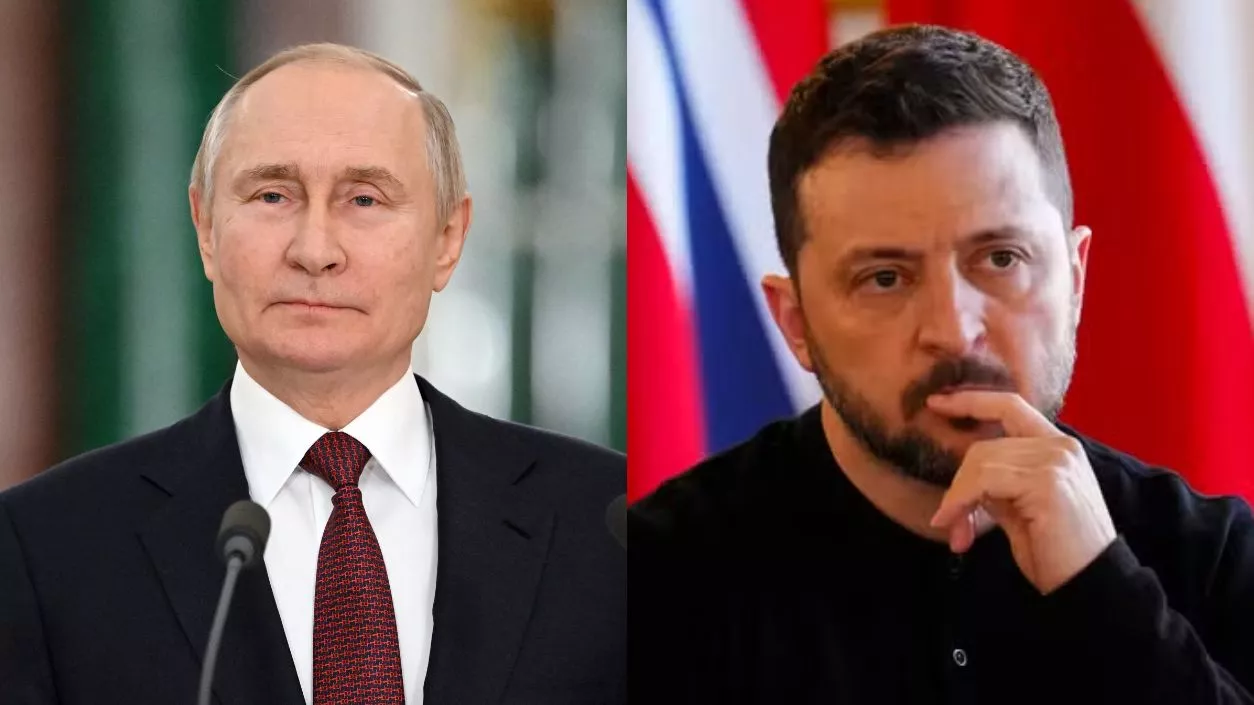Protests erupt outside Kasba Police station as 3 arrested in alleged Kolkata college gang rape
.gif)
.gif)

In a significant development, Russia has announced a 72-hour unilateral ceasefire in its ongoing conflict with Ukraine. President Vladimir Putin stated on Monday that Russian forces will halt all offensive operations from midnight on May 8 until midnight on May 10. The Kremlin has also urged Ukraine to agree to the temporary pause, emphasizing the importance of restraint during this period.
The timing of the ceasefire coincides with Russia’s preparations to commemorate the 80th anniversary of the end of the Great Patriotic War, the term Russia uses for its struggle against Nazi Germany between 1942 and 1945. May 9 holds deep symbolic importance in Russia, marked by military parades and public ceremonies honoring the sacrifices made during World War II.
In its official statement, the Kremlin maintained that while Russia is committed to the ceasefire, any violations by Ukrainian forces would be met with an “adequate and effective response.” This warning highlights the fragile nature of the proposed truce and the potential for renewed hostilities if either side perceives breaches of the agreement.
The announcement comes amid increasing international pressure, especially from the United States, for Moscow to agree to a broader and lasting ceasefire. Calls for de-escalation have grown stronger as the conflict continues to cause humanitarian crises and instability in the region.
Ukrainian authorities have not yet officially responded to Russia’s offer. However, initial reports suggest that Kyiv remains skeptical, viewing previous temporary ceasefires as tactical moves by Russia rather than genuine efforts toward peace. As the world watches closely, the next 72 hours will be critical in determining whether the temporary truce can pave the way for further diplomatic efforts—or if it will be another brief pause before fighting resumes.